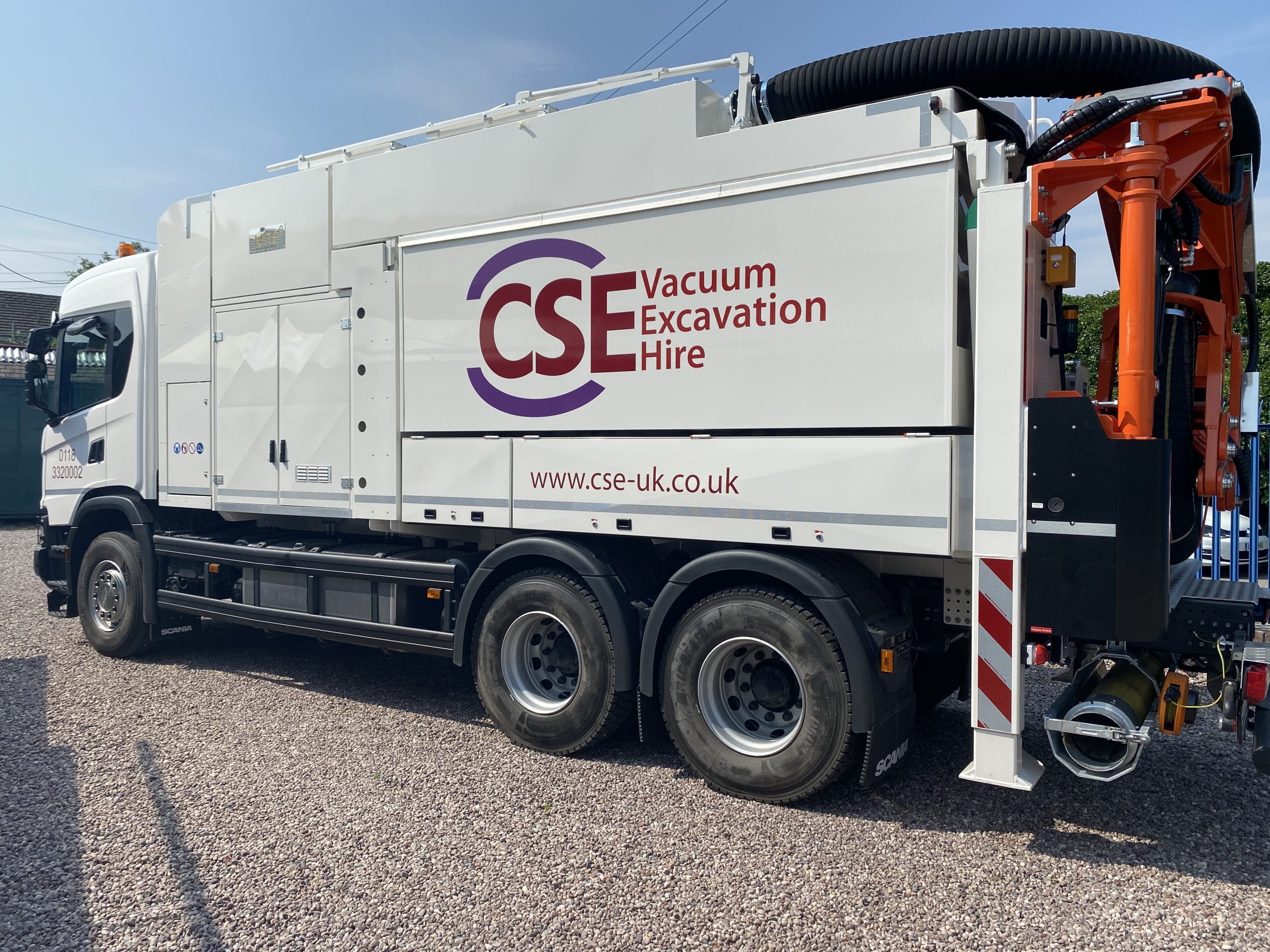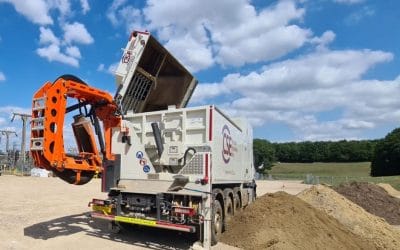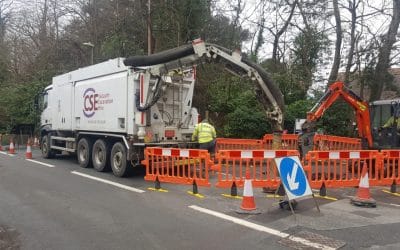If you work within the Civil Engineering or Utilities industries, you will have likely heard of Vacuum Excavation. This modern way of excavating has rapidly gained popularity throughout the last few years and has proved to be a viable alternative to manual digging, but why are companies choosing to use Vacuum Excavation?
A Faster Method
The remote-control suction arm works by breaking up the below earth, surrounding buried services and sucking the debris up through a pipe and into the inbuilt chamber within the Vacuum Excavator. The suction arm is capable of excavating up to 2m3 per hour, allowing it to be a much quicker alternative to traditional methods such as digging.
Safety Is Priority
Vacuum Excavation only needs one operator and doesn’t require the need for any mechanical diggers or labourers to be nearby. This allows the risk of injury from collapsed trenches or service strikes to be minimal.
A More Reliable Approach
With an autonomous nature, a Vacuum Excavator is capable of precision and repeatability which reduces the risk of any human error.
Cost-Effective
Due to Vacuum Excavation being a much quicker and precise method than traditional hand digging, any costs can be lowered greatly and that entails less risk of any unexpected feeds from damage or project delays.
Vacuum Excavation offers a faster, more cost-effective solution than manual hand digging. A standard Vacuum Excavation can remove 2m3of spoil per hour, while an inbuilt skip can hold up to 10m3 before it needs to be emptied. In short, one Vacuum Excavation vehicle will complete a job in the fraction of time in which it would take a team of labourers or a digger.
Another beneficial aspect of Vacuum Excavation is that it is a significant time saver.
If you would like to enquire about any of our systems or hire our team for work, please get in touch with a member of our team who will be happy to answer any questions.





